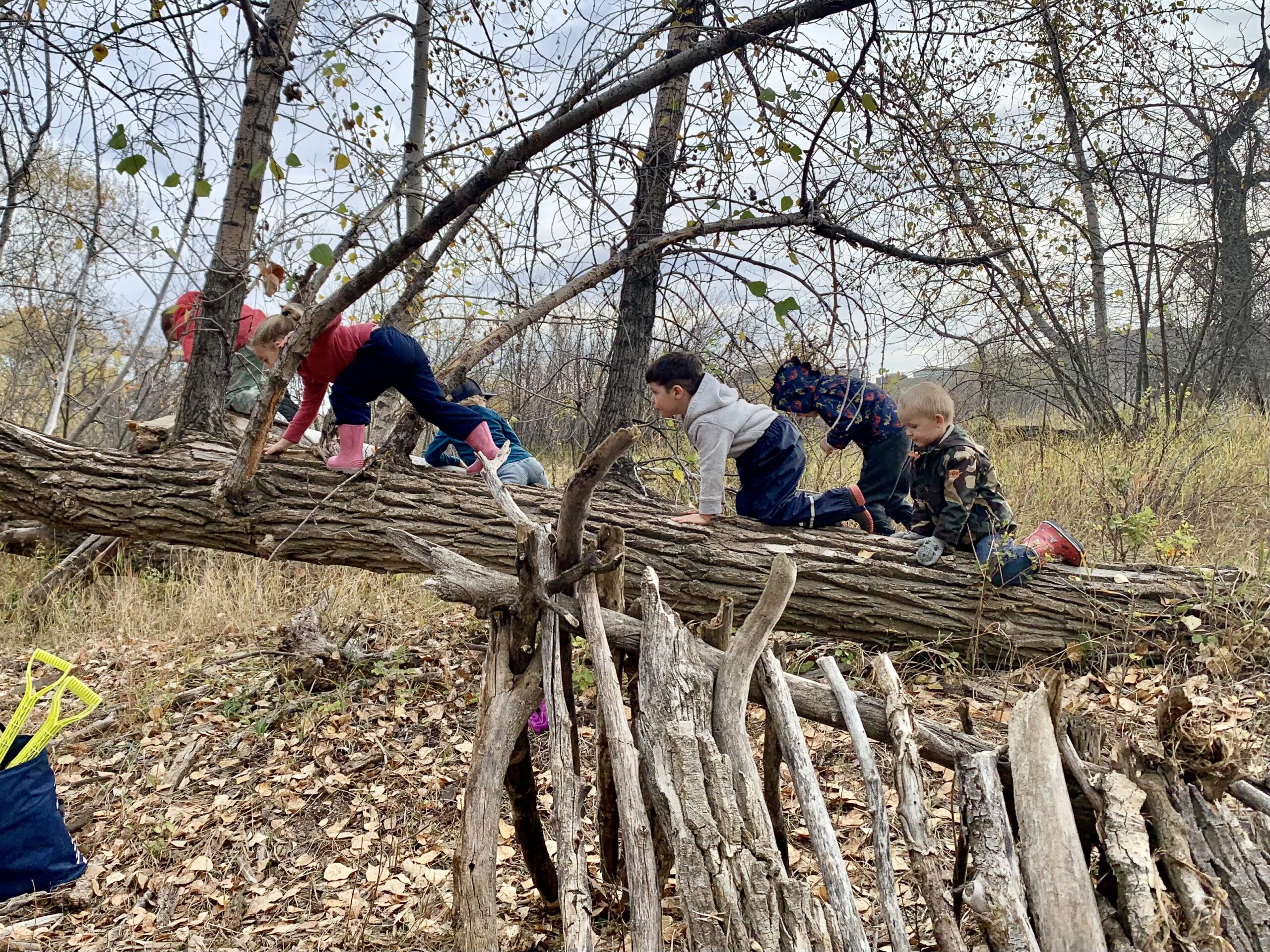Is your knee jerk reaction to say “be careful!” Whenever you see your child doing something you deem as risky?
Do you notice how your fears are not always the same as those around you?
This is because everyone has different comfort levels with… pretty much everything! It’s the same with your children.
During my schooling we did an exercise, everyone stood at different tiers to represent their comfort levels within different activities. When “children playing by fast flowing water” came up i went straight for low comfort tier, as I thought everyone else would have as well. But as I looked around I found all the tiers were filled. This showed me it’s important to stop and ask questions rather then just assume my fears are the same as those around me.
It’s important not to put our fears onto our children. Children will naturally develop many fears on their own, they don’t need ours as well.
When we say “be careful!” We are inadvertently telling them that “I know better then them, what’s best for them” and that “this is too risky according to mom, dad, grand…” it plants seeds of self-doubt. As a parent, I know no parent does this intentionally.
It takes time to train ourselves not to react instantly. So try this, next time your child looks like they are engaging in something risky, take a moment, count to 17 (Unless in immediate danger). Use this time to assess the “risk” through your Childs eyes, ‘name it to tame it’. (So you could say to your self, my child is climbing up high, trying to get to the highest branch they can… they seem stable… maybe I could just ask them how the branches are feeling way up there.) Take time to think about what ‘thought provoking’ words you could use on your child, instead of telling them to “be careful!” Watch-out!” “Don’t…!” help them learn to risk assess by themselves. They will be better for it.
Using intentional language will in turn help your children with developing their emotional and mental resilience, risk-assessment skills, self well-being, good decision making, self confidence, all while promoting better communication.
Here is a cheat sheet on risky play intentional language.


